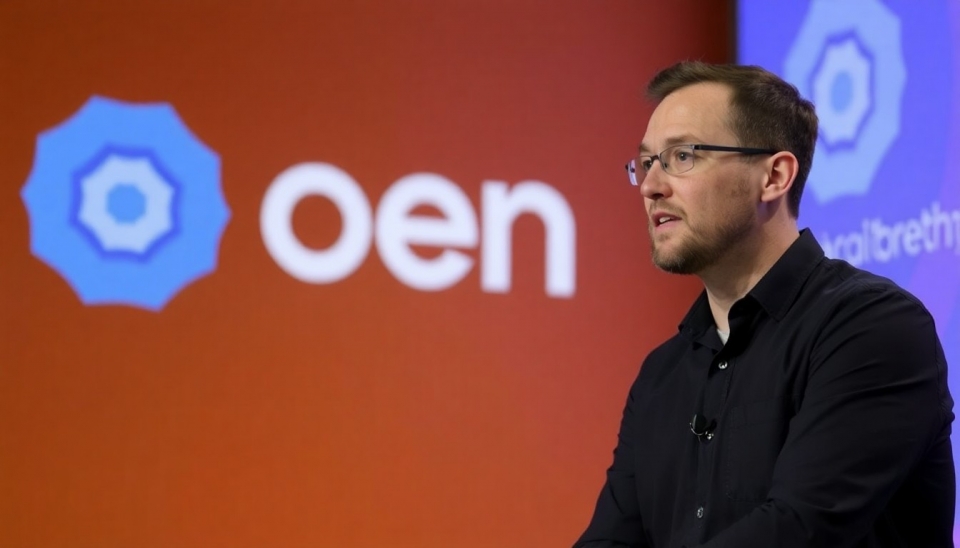
In a significant breakthrough for artificial intelligence, Google has announced the rollout of its advanced Gemini AI model. This new iteration promises to deliver even faster performance and enhanced capabilities, setting a new benchmark in the realm of AI-powered digital agents. The Gemini model is designed to optimize not only the speed of interactions but also the overall effectiveness of the AI systems that rely on it.
The Gemini AI model represents a strategic advancement in Google's efforts to integrate more sophisticated machine learning features into its various platforms and services. Specifically, it aims to enhance the functionality of digital assistants, allowing them to understand and respond to user queries with heightened accuracy and efficiency. This deployment is part of Google’s ongoing commitment to improving user experience across its suite of products.
One of the standout features of the new Gemini model is its ability to process information at a significantly quicker rate than its predecessors. This improvement is expected to benefit a wide array of applications, including customer support chatbots, personal virtual assistants, and other AI-driven tools that require real-time responsiveness. By leveraging cutting-edge algorithms and large datasets, Gemini seeks to reduce waiting times for users, enabling a more seamless interaction with technology.
Furthermore, Google has emphasized that Gemini is engineered to not only perform faster but also operate more intelligently. The model incorporates advanced natural language processing capabilities, allowing it to better comprehend context and nuances in conversations. This leap in understanding is pivotal for addressing the complexities of human language, ultimately leading to more meaningful and productive exchanges between users and AI agents.
In addition to speed and comprehension, the Gemini AI model has been built with scalability in mind. Developers utilizing the model can expect it to accommodate growing amounts of data and increasing user demands without compromising performance. This adaptability is essential as businesses and consumers alike continue to rely on AI to drive efficiency in their day-to-day operations.
As part of this rollout, Google is providing developers with extensive resources and support to integrate the Gemini model into their applications. This includes comprehensive documentation, tutorials, and tools designed to simplify the adoption process, thereby empowering developers to harness the full potential of this state-of-the-art technology.
The implications of the Gemini AI model reach far beyond immediate performance upgrades. Google views this innovation as a catalyst for the broader AI ecosystem, encouraging a wave of new applications that can take advantage of its enhanced capabilities. With continued investment in AI research and development, Google is positioning itself at the forefront of the technological revolution that is reshaping industries and everyday life.
Thus, the rollout of the Gemini AI model marks a pivotal moment in the evolution of digital agents. As technology continues to advance, users can anticipate a more streamlined and effective interaction with AI, thanks to Google's latest contributions to the field. With these enhancements, the company aims not only to refine user experience but also to set a standard for what is possible within AI-assisted interfaces.
As Google continues to lead the charge in AI advancements, the industry watches closely to see how features from the Gemini model can be utilized across various sectors, potentially transforming how businesses interact with customers and manage operational tasks.
For more updates on AI advancements and technology news, be sure to stay tuned as we cover the latest developments in this rapidly growing field.
#Google #GeminiAI #ArtificialIntelligence #TechNews #DigitalTransformation #AIModels
Author: John Miller




